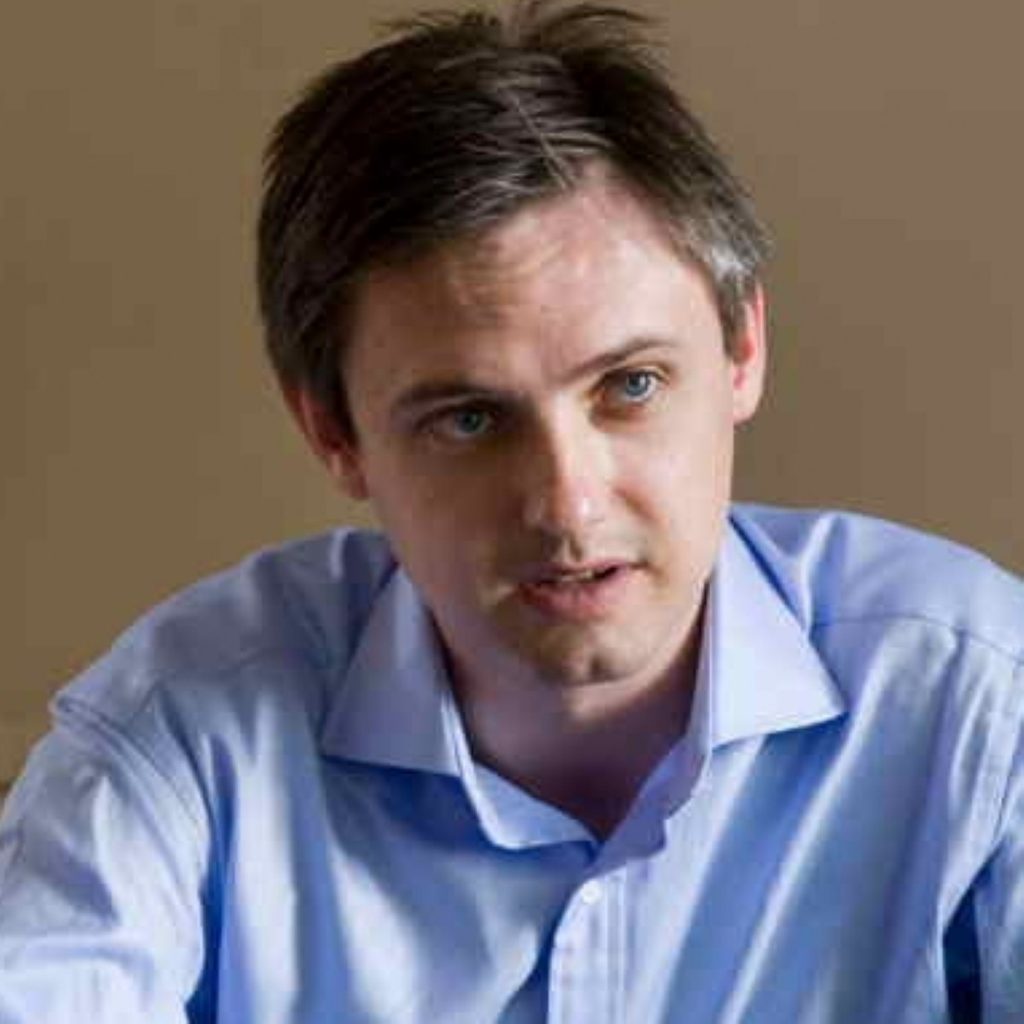Comment: The story of the 15-year old girl and her bucket list
My brave constituent has brought the issue of bone marrow donations into the spotlight.
By John Woodcock MP
Over the last few days, through the power of social media, more and more people have become aware of the terribly sad yet remarkable story of 15-year old Alice Pyne. Alice lives in Ulverston in my constituency and for the past four years has been suffering from Hodgkin’s lymphoma. Throughout that time, Alice has undergone extensive chemotherapy and radiation treatments. Last year, however, a search for a suitable bone marrow donor from among family and friends was unsuccessful. With the cancer spreading, this leaves her with a very poor prognosis for recovery.
Alice has set up a blog which includes her 'bucket list' – things she'd like to achieve whilst she is still able to do so. Given the attention her website has generated, I'm very hopeful that she will indeed get to meet Take That and enter her labrador into a dog show – and I know the strong community in Ulverston will certainly do what it can. But it is a measure of the sort of person Alice clearly is that high on her list is a call to make everyone who can sign up to be a bone marrow donor.


I was very pleased to have the opportunity to raise not only Alice's case but the wider issue of increasing the number of bone marrow donors at prime minister's questions on 8 June. Specifically, I asked the prime minister if he would work with Ed Miliband and myself on a cross-party basis to see what can be done to expand the register of donors, which he agreed to do. David Cameron rightly described my constituent as "a very brave and admirable person" and made the accurate point that tackling donor shortage is as much about achieving cultural change as it is about extra financial resources, vital as these are.
Bone marrow transplants are crucial to the treatment of a wide range of diseases, including lymphomas and leukaemia. If chemotherapy fails, the only possibility of a cure is often through a stem cell transplant from a healthy donor. In fewer than a third of cases can a suitable match be found from amongst the patient's relatives: the vast majority need to have a suitable match found from amongst the ranks of volunteer donors.
There are currently two registers of bone marrow donors operating in the United Kingdom, the British Bone Marrow Registry, operated by the NHS, and the register run by the Anthony Nolan charitable trust. The Anthony Nolan register – the larger of the two – contains around 400,000 individuals. Whilst this has led to 8,000 lives being saved, searches for suitable donors frequently have to go worldwide and are often unsuccessful. The Anthony Nolan Trust estimates that every day two lives are saved by bone marrow transplants, but that a further two lives which could have been saved had a suitable donor been found, are lost. When compared with the 1.4 million blood donors in England and Wales alone, this number of bone marrow donors remains very low. The larger the number of registered donors, the higher the chances of finding a match for patients in life-threatening situations.
The majority of people aged between 18 and 49 can join the bone marrow donor registers, subject to health checks and their already being a registered blood donor, so the potential number of donors in the UK is extremely high. There are particular issues around the under-representation of a number of ethnic minority communities on the UK registers, significantly lowering the chances of a donor being found for patients from those communities, which is clearly an issue that requires particular attention.
In order to increase the size of the donor registers, there needs to be a concerted effort to raise awareness and allay fears amongst potential donors. When someone who could be eligible to be a donor comes into contact with the NHS for whatever reason, should they be automatically asked if they would consider joining the register? Are existing blood donors asked each time they attend a donation session if they have considered bone marrow donation? Can public advertising of the registers be more effective and better targeted?
I was heartened by the prime minister's positive response to my question, and I know that the commitment is just as strong on my side of the Commons to increase the size of the donor register. I am looking forward to working with members of all parties on this issue. If a brave young person from Ulverston can do so much in so short a time to raise awareness of the need for more bone marrow donors, as politicians we owe it to her to do everything we can to build on that.
<b>John Woodcock is the Labour and Cooperative Party MP for Barrow and Furness. He was elected in 2010.</b>
<i>The opinions in politics.co.uk's Speakers Corner are those of the author and are no reflection of the views of the website or its owners.</i>









